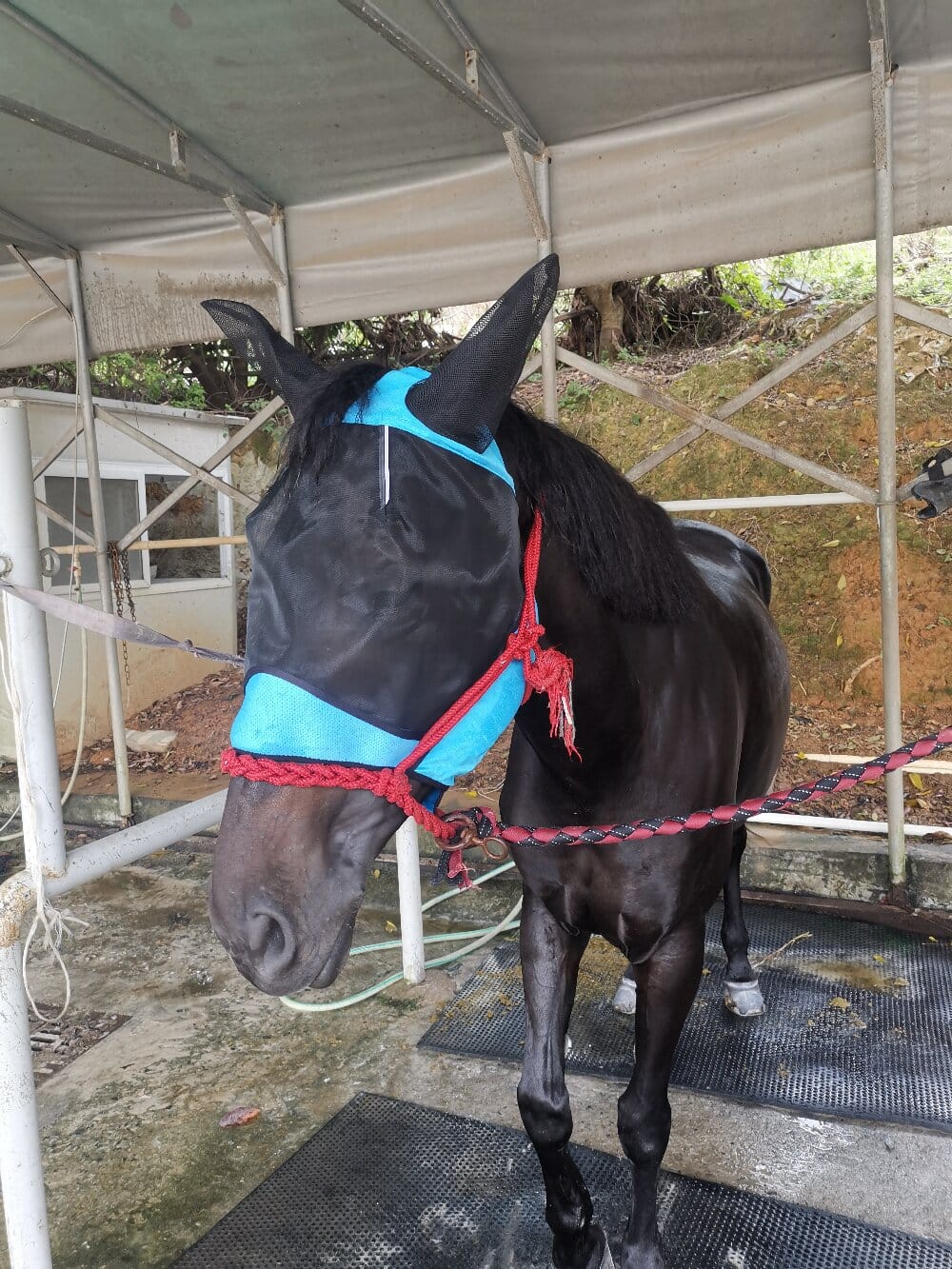A horse fly mask is an essential piece of protective gear designed to shield horses from irritating and potentially harmful insects. Flies, mosquitoes, and other pests can cause significant discomfort, leading to stress, skin infections, and even vision problems for equines. By using a well-fitted fly mask, horse owners can ensure their animals remain comfortable and healthy during peak bug seasons. This article explores the benefits, types, and expert recommendations for selecting the best fly mask for your horse.
Why Your Horse Needs a Fly Mask
Horses are particularly vulnerable to insect bites, especially around their eyes, ears, and muzzle. Persistent pests can lead to:
- Eye irritation: Flies can transmit bacteria, causing conjunctivitis or other infections.
- Allergic reactions: Some horses develop hypersensitivity to insect saliva, leading to painful swellings.
- Distraction and stress: Constant swatting and head-tossing disrupt training and grazing.
Experts agree that a fly mask is a simple yet effective solution to minimize these risks while allowing horses to enjoy outdoor time without discomfort.
Types of Horse Fly Masks
Fly masks come in various designs, each tailored to specific needs:
- Standard fly masks: Cover the eyes and sometimes the ears, made from lightweight, breathable mesh.
- Full-face masks: Extend coverage to the muzzle, protecting sensitive areas from biting insects.
- UV-protective masks: Offer additional sun protection for horses prone to sunburn or photosensitivity.
- Ear covers: Integrated or detachable ear protection to prevent pests from entering the ear canal.
Choosing the right type depends on your horse’s environment, breed, and individual sensitivities.
Expert Tips for Selecting the Best Fly Mask
Equine veterinarians and trainers emphasize the following when choosing a horse fly mask:
- Proper fit: A mask that’s too tight can rub and cause sores, while a loose one may slip off or obstruct vision.
- Breathability: High-quality mesh materials prevent overheating while keeping insects out.
- Durability: Reinforced stitching and adjustable straps ensure longevity.
- Ease of cleaning: Machine-washable masks save time and maintain hygiene.
Consulting with an equine specialist can help identify the best option for your horse’s specific needs.
How to Maintain a Fly Mask
Regular care extends the lifespan of your horse’s fly mask and ensures optimal protection:
- Wash the mask weekly with mild soap to remove dirt and sweat.
- Inspect for tears or loose straps before each use.
- Store in a dry, clean place when not in use to prevent mold or damage.
Proper maintenance prevents skin irritations and keeps the mask functional throughout the season.
Conclusion
A horse fly mask is a vital investment for any equine owner, offering protection against pests and promoting overall well-being. By selecting the right type, ensuring a proper fit, and maintaining it regularly, you can keep your horse comfortable and focused. Whether for daily turnout or competitive training, a high-quality fly mask is a small but impactful tool in equine care.

